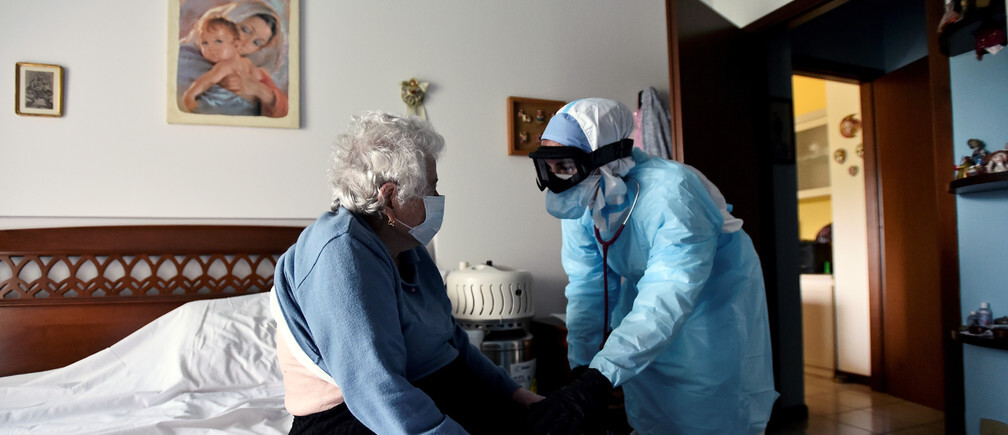COVID-19 has changed how medical care works, especially for older adults who are more at risk. Hospitals and doctors’ offices still have strict rules like wearing masks and keeping distance to keep everyone safe.
Now, many people use telemedicine for appointments using apps like Zoom or FaceTime. It’s covered by Medicare and insurance, so it’s easy to use for a lot of people.
Hospitals maintain robust safety protocols, requiring masks, limiting visitors, and often mandating proof of vaccination or COVID-19 testing. Despite initial fears, hospitals are safe environments for urgent care needs like heart attacks or strokes, demanding immediate attention.

Telemedicine, while suitable for routine checkups, complements in-office visits where physical exams or tests are necessary. Dr. Maleh predicts telehealth will persist, especially among tech-savvy baby boomers, potentially transforming regular healthcare routines.
Long-term care facilities have changed because they don’t have enough staff, which got worse during the pandemic. Some places have had to reduce how many people they can care for, so more families are choosing to care for their loved ones at home instead.
Even though staying home can keep people healthier, finding enough help at home is hard because there aren’t enough healthcare workers available. Services like the Eldercare Locator and Family Caregiver Alliance can help families find support, and programs like FamilyWize and GoodRX can save money on healthcare costs.
COVID-19 has reshaped healthcare delivery, promoting telemedicine while reinforcing safety protocols in medical settings. Adapting to these changes ensures older adults receive optimal care amid evolving healthcare landscapes and ongoing challenges in long-term care facilities.
